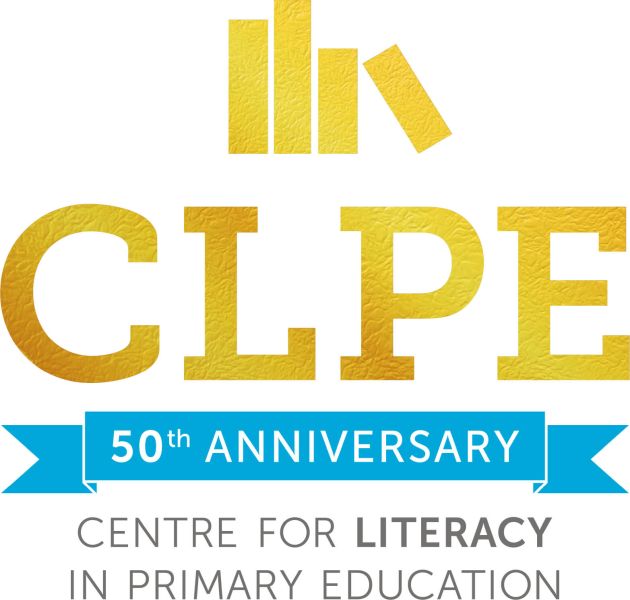The Centre for Literacy in Primary Education (CLPE) has been working with primary schools to raise the literacy achievement of all children for 50 years. Its work focuses on all primary age phases, including the early years.
The CLPE’s extensive training programme contains a range of professional development opportunities addressing the unique teaching and learning requirements of the Early Years Foundation Stage. These range from short courses and webinars focused on specific areas of literacy such as phonics, reading and writing, to longer training programmes that span the school year and develop teachers’ practice, inspiring a whole-school love of reading and writing.
The Power of Reading in the Early Years is a four-day training programme that supports early years staff to develop a broad, rich literacy curriculum. It aims to strengthen language and vocabulary development and raise engagement and attainment in reading and writing, preparing children for the transition to Key Stage 1, using high quality texts and creative teaching approaches.
The programme has been developed from the success of CLPE’s flagship Power of Reading training* to address the unique teaching and learning requirements of the EYFS and offers in-depth training in areas including talk and story, rhyme and song and the interrelationship between reading and writing. It’s led by members of CLPE’s teaching team, all of whom are experienced teachers and leaders with a wide range of expertise across the early years and primary age range.
The programme uses high quality children’s literature and proven creative teaching approaches to help teachers plan and deliver an engaging literacy curriculum. All participants receive a pack of books to use in their classrooms and a whole-school subscription to CLPE’s membership resources, which include detailed plans showing how to use these texts and many more to build an effective Literacy Curriculum in the early years and across the primary years.

CLPE’s Associate Schools highlight the impact Early Years training has had on their schools…
“Extremely positive. Full immersion in text, staff confidence and consistency. Improved staff knowledge of children’s literature and greater range of diverse texts reflecting our school cohort in use across the whole school curriculum. Improved vocabulary.”
Janet Berry, headteacher, Coombe Hill Infants, Kingston upon Thames
“Our literacy and language curriculum, developed around the CLPE’s Power of Reading programme, together with the recommended quality book choices, has ignited the creativity, curiosity and imagination of our early years children. Through the programme we see high levels of engagement and high attainment in reading and writing that has prepared pupils for future success.
However, it’s not just about attainment: our early years children at King’s Cross Academy LOVE reading and writing and we attribute this to the programme with its amazing range of quality books, poems, rhymes and songs. Additionally, the programme has led to some incredible role-play opportunities which have helped to develop children’s’ empathy, problem-solving skills, and morality.
It has helped to grow self-confident and independent learners from an early age. The programme’s reach and impact is far beyond just the development of competent readers and writers.”
Emyr Fairburn, headteacher, Kings Cross Academy, London
“It’s allowed us to revamp our overall approach to teaching in the EYFS – a high quality text has driven forward a huge improvement in communication and language and in particular raised the bar in terms of vocabulary.”
Vicky Cameron, headteacher, Bradley Green Primary Academy, Hyde, Cheshire
You can find out more about Power of Reading in the Early Years as well as all of CLPE’s early years-focused training here.
*The Power of Reading is a long-standing programme first developed in 2005. It has a rich evidence base and has raised achievement in more than 5,000 schools. Some 98% of teachers saw improved engagement in children’s reading and 97% saw an improvement in children’s writing. Children who are part of the programme make an additional six months’ progress compared to their peers.
Images © Stevan Borthwick Photography.
The Learning Escape by TG Escapes.
Enabling Environments
